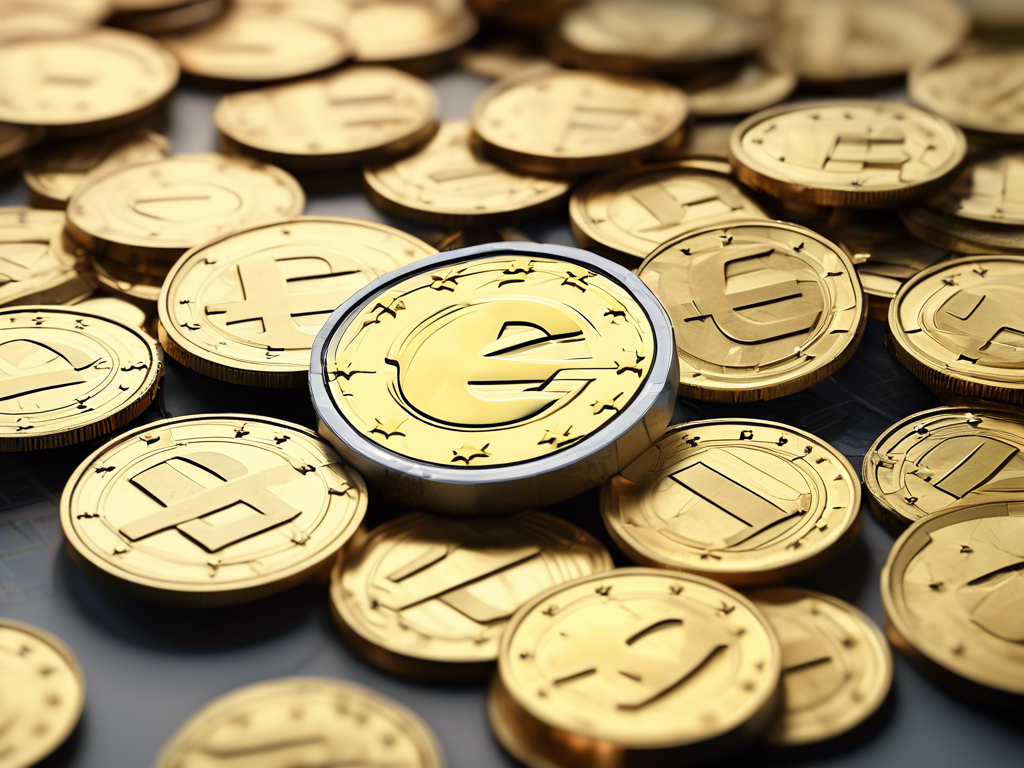Understanding Germans’ Perception of the Digital Euro
A recent survey conducted by Germany’s central bank, the Deutsche Bundesbank, sheds light on how Germans view the digital euro, the proposed digital currency by the European Central Bank (ECB). Despite a lack of familiarity with the digital euro, many Germans are open to using it as an additional payment option. However, the survey also reveals misconceptions and concerns that need to be addressed through education and transparency efforts to build trust in this digital currency.
Misconceptions vs Curiosity
– The survey indicates that 60% of Germans have never encountered information about the digital euro.
– Half of the respondents (50%) expressed willingness to potentially use the digital euro if offered as a payment option.
– Nearly a third of respondents (30%) mistakenly believed that the digital euro would replace cash entirely.
– The ECB emphasizes that the digital euro is intended to complement cash, not replace it.
Privacy emerged as a top concern for Germans considering the digital euro, with over three-quarters (76%) emphasizing the importance of strong privacy protections. This underscores the need for assurance regarding data security and privacy in digital transactions.
Building Trust for a Digital Future
The survey findings highlight the significance of public information campaigns to educate the general public about the digital euro. Burkhard Balz, a Bundesbank board member overseeing the digital euro project, emphasized the importance of transparent communication and education initiatives to foster trust in this digital currency.
– Comprehensive public information campaigns are essential to clarify the concept of the digital euro and its role as a complementary payment option.
– The ECB aims to prioritize user privacy by ensuring that transaction details are only accessible to the payer and payee, minimizing data collection by authorities.
The Path to 2028 for the Digital Euro
Currently, the digital euro is in its early stages, focusing on regulatory finalization and exploring distribution channels. This preparatory phase is expected to be completed by October 2025. However, the actual implementation of the digital euro for everyday transactions is projected to occur no earlier than 2028, according to Bundesbank estimates.
– The ECB’s strategy includes public information campaigns to explain the digital euro concept and address privacy concerns.
– Users can expect a system that prioritizes privacy, with transaction details limited to the involved parties to enhance data security.
Hot Take: Embracing Innovation and Education for the Digital Euro
As the digital euro evolves as a potential digital currency in the European landscape, understanding and addressing public perceptions, misconceptions, and privacy concerns are crucial for its successful integration into the financial ecosystem. Through transparent communication, education initiatives, and privacy-focused strategies, the ECB aims to build trust and confidence in the digital euro while shaping a digital future for German and European citizens.





 By
By
 By
By
 By
By
 By
By

 By
By